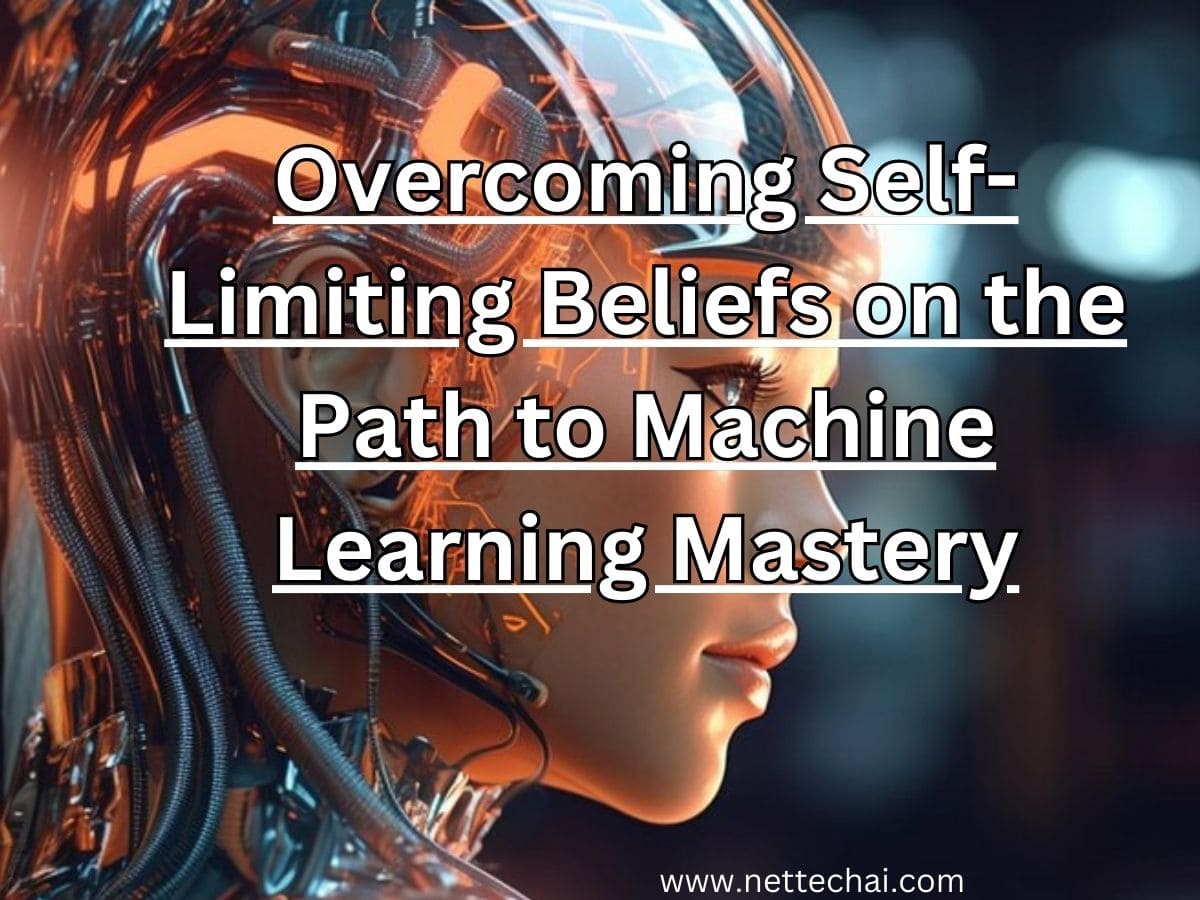AI in Business: Transforming Industries and Operations

In the digital age, the amalgamation of artificial intelligence (AI) and business has ignited a transformative journey, redefining industries and operations. This article navigates the landscape of AI in business, unveiling its profound influence on industries, delving into its role in decision-making, exploring its impact on automation, and elucidating how it drives enhanced customer experiences.
The Business Landscape and AI Integration
AI in Business stands as a seismic shift that reverberates across diverse sectors. From manufacturing to finance, retail to healthcare, AI has the power to reshape industries and business operations. Its integration heralds an era of efficiency, innovation, and competitive advantage.
Benefits of AI Adoption
AI’s adoption offers a multitude of benefits for companies. It streamlines processes, enhances decision-making, optimizes resource allocation, and unlocks insights from vast datasets. With AI as a cornerstone, businesses can gain a competitive edge by leveraging data-driven strategies and innovative solutions.
AI In Business Decision-Making
AI’s prowess extends to the realm of decision-making, empowering businesses to navigate a dynamic marketplace.
Predictive Analytics for Market Trends
AI-driven predictive analytics enables businesses to foresee market trends and make informed decisions. By analyzing historical data and identifying patterns, AI models can project future market shifts, guiding companies in tailoring their strategies and offerings.
AI-Driven Business Intelligence Tools
AI’s impact is amplified through business intelligence tools, which transform raw data into actionable insights. These tools process and visualize data, offering executives and decision-makers a comprehensive view of their operations and enabling data-driven strategies.
Automating Tasks and Processes
AI’s automation capabilities are revolutionizing how businesses operate and allocate resources.
Robotic Process Automation (RPA)
Robotic Process Automation involves deploying software robots to automate repetitive tasks and processes. This not only accelerates workflows but also reduces errors, freeing employees to focus on higher-value tasks that require human creativity and critical thinking.
Supply Chain Optimization through AI
AI-driven supply chain optimization optimizes inventory management, demand forecasting, and logistics. By analyzing real-time data, AI algorithms enhance supply chain efficiency, minimize waste, and ensure products reach consumers with maximum efficiency.
AI-Driven Customer Experiences
AI has transformed customer experiences through personalization and engagement.
Personalized Marketing and Customer Service
AI enables businesses to offer personalized marketing by analyzing customer preferences and behaviors. This empowers companies to tailor marketing campaigns and recommendations, creating a more relevant and engaging customer experience.
AI-Powered Chatbots
AI-driven chatbots enhance customer engagement by providing real-time support and assistance. These virtual assistants can answer queries, offer product recommendations, and guide customers through transactions, all while providing seamless service around the clock.
Looking Ahead
The future of AI in business promises unprecedented innovation and transformation.
AI for Sustainability
AI’s potential to analyze data and optimize processes aligns with the pursuit of sustainability. Businesses can employ AI to reduce waste, enhance energy efficiency, and make environmentally conscious decisions.
AI-Enabled Creativity in Business
As AI continues to evolve, it has the potential to become a creative partner. AI-generated content, design assistance, and artistic collaboration are areas where AI can augment human creativity.
In conclusion, AI’s integration into business operations marks a paradigm shift. Its impact transcends industries, enhancing decision-making, automating tasks, and elevating customer experiences. As businesses harness AI’s capabilities, the ethical use of data and responsible AI adoption remain crucial. Through innovation, collaboration, and strategic implementation, AI in business has the power to revolutionize industries, redefine operations, and drive a new era of productivity and growth.



